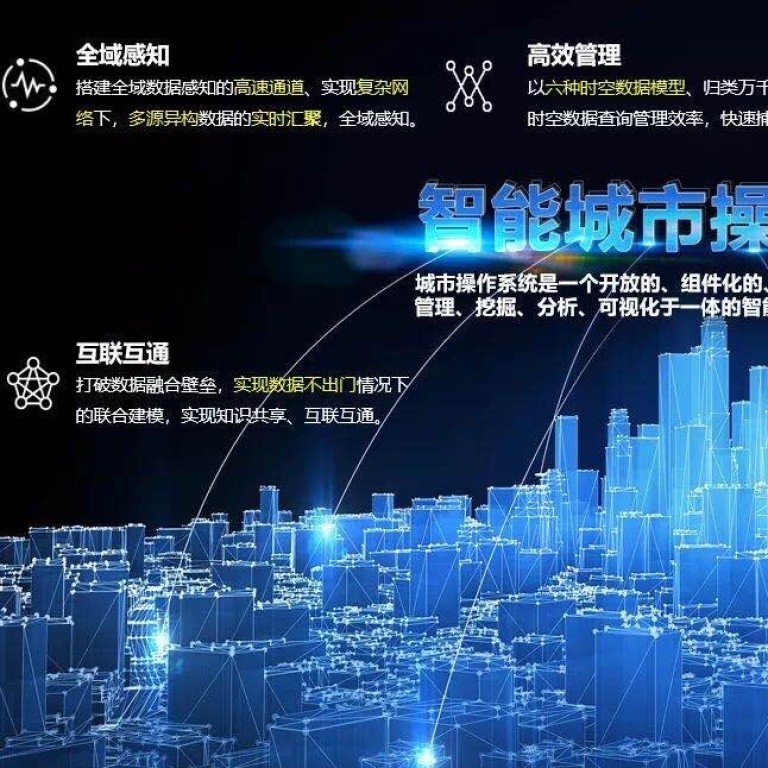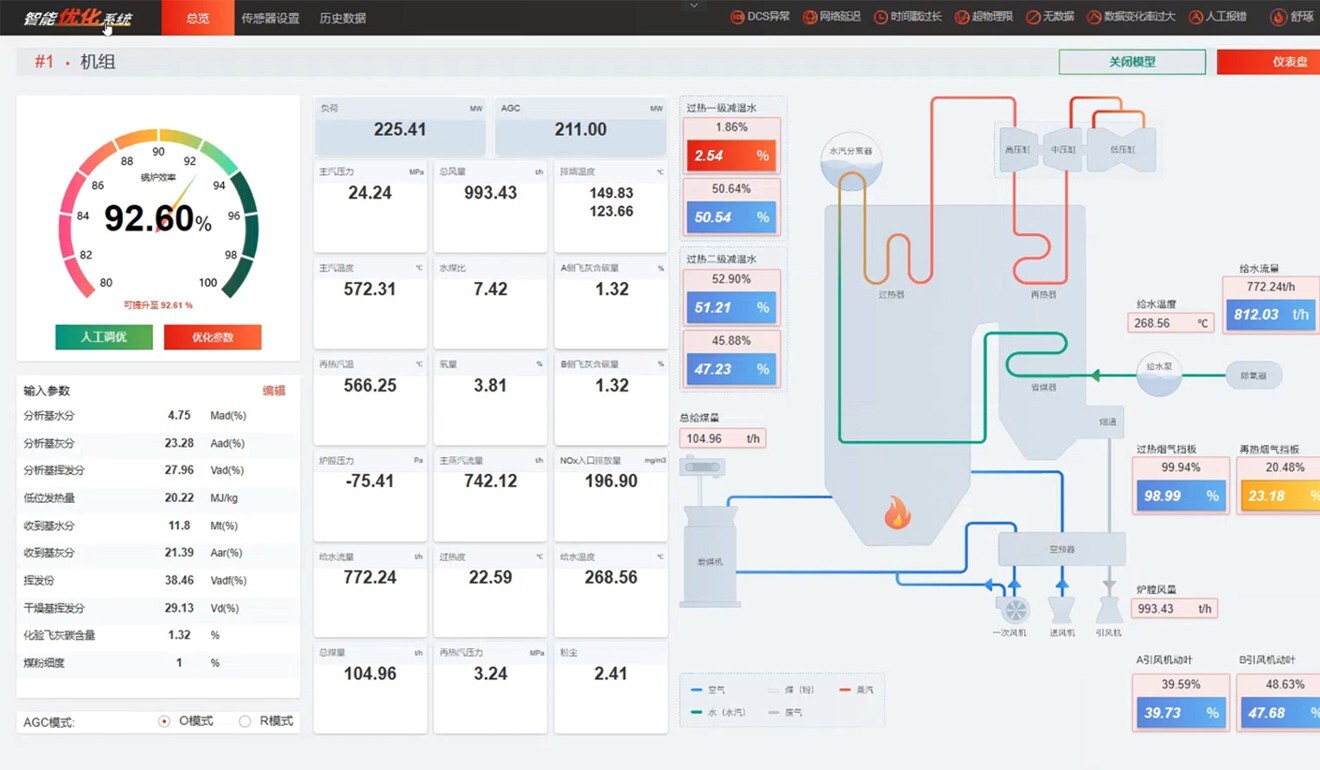
JD builds AI control system that can save China’s thermal power plants billions and reduce pollution
- China remains heavily dependent on fossil fuels and accounts for nearly 30 per cent of global greenhouse gas emissions
- The AI system, which has been rolled out in Langfang city in Hebei province, automatically adjusts a range of variables for thermal boilers
JD Digits, the digital technology arm of e-commerce firm JD.com, has launched an artificial intelligence-driven system that improves the efficiency of thermal power plants, as China’s tech giants continue to apply AI technologies to a range of traditional industries to improve performance.
The AI control system, which has been rolled out in Langfang city in northern Hebei province, automatically adjusts a range of variables for thermal boilers in real time, including the coal feeding process, air distribution and water vapour levels, according to a statement on Monday from JD Digits.
The combustion efficiency of boilers fitted with the new AI-control system increased to 93.9 per cent from 92.75 per cent for boilers without it in a March test, according to the company, which added that an increase in boiler thermal efficiency of only 0.5 per cent “would save the country 7 billion yuan (US$1.07 billion) a year in coal consumption and pollution control costs.”
The project is a partnership with state-owned China Energy Investment Corporation and involves more than 70 power boilers in Langfang, the steel heartland of pollution-prone Hebei province. The AI control system has also been used in Nanning city in the southwestern Zhuang Autonomous Region of Guangxi since last year.
JD.com becomes China’s first online mall to test digital yuan
“[The AI system] can maintain the best combustion conditions, and reduce coal consumption and nitrogen oxide emissions,” according to the JD statement. “At the same time, it can … reduce the dependence of the unit’s operation on high-level [human] operators and improve the intelligence level of power plants.”

A team at JD built the system and the algorithms on which it is based by studying an array of internal data on the boilers.
“The algorithms used in the thermal power optimisation project could also be used in similar industries and related fields in the future … to bring efficiency gains to more industries and create greater value to society,” said Xianyuan Zhan, a data scientist at JD Digits.
JD iCity, an intelligent cities unit launched by JD.com in 2019, provides big data and AI-powered tools to local governments in China. Using AI, blockchain and big data, JD is involved in 20 smart city projects across the country.

